
Grades:
6th Grade, 7th Grade, 8th Grade
In this lesson, students will investigate the properties of a mixture, as if it were a contaminated soil sample near a stream. This activity will show students that heterogeneous mixtures can be
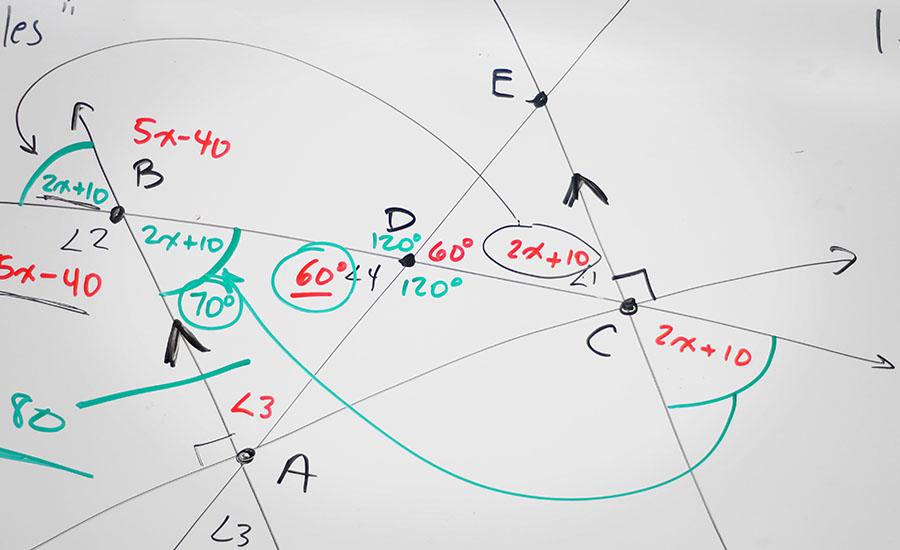
Grades:
3rd Grade
In this lesson, students will design a game to practice multiplication and division facts through 100. They will only be allowed to use the following materials: popsicle sticks, small stones, sidewalk

Grades:
2nd Grade
In this engaging lesson, students research ramp usage as a class, identify the problem of Dash Dot vs stairs, design a ramp for a Dash Dot, and test the ramp while making connections to literature and

Grades:
6th Grade, 7th Grade, 8th Grade, 9th Grade
This lesson is part of a school-wide project to renovate a greenhouse and create a native seed library. This lesson is intended to create intrinsic motivation to engage in the project. This lesson

Grades:
3rd Grade
Students will describe the role of pollinators and explain their effects. They will be able to identify how the life cycle of a plant and a pollinator are connected. Students will also get to explore

Grades:
Kindergarten, 1st Grade, 2nd Grade, 3rd Grade, 4th Grade, 5th Grade
The objective of this lesson is to introduce students to vermicomposting by explaining what it is and getting our bins set up. Students learn about recycling, share a read aloud, watch a video and

Grades:
5th Grade, 6th Grade, 7th Grade, 8th Grade
Students learn how to identify the 3 axes an aircraft uses while in flight in this lesson. They learn key vocabulary and construct a model airplane to develop further understanding of flight!
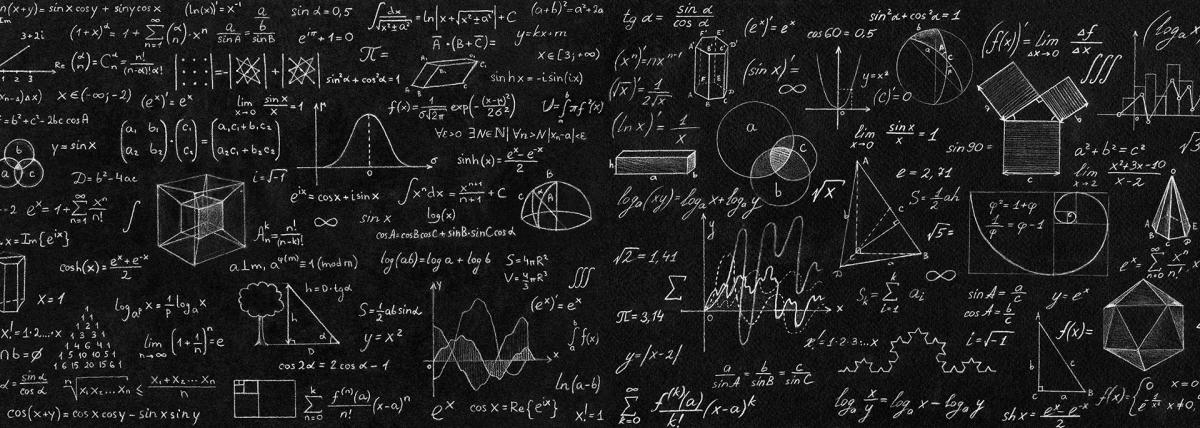
Grades:
6th Grade
A mixture of 5E lessons on Nearpod and an accompanying hands-on activity to help students see that gravity works at a distance and is affected by mass. Students will be writing a conclusion based on

Grades:
10th Grade, 11th Grade, 12th Grade
This lesson involves students calculating the density of various objects of differing sizes of the same substance. Each student group will need a balance, a ruler, and/or a graduated cylinder. They
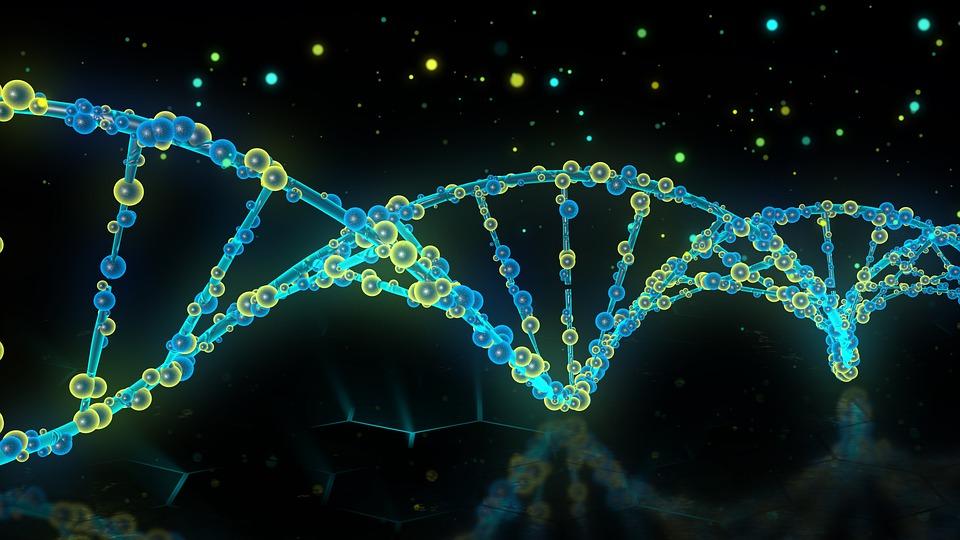
Grades:
5th Grade
For this 90 minute lesson students are going to watch an introductory video about how we inherit features and then they will do research on a website. In the project they will fill out a survey

Grades:
8th Grade, 9th Grade, 10th Grade, 11th Grade, 12th Grade
This lesson is designed to allow students the experience to move from an additive understanding in mathematics to a multiplicative understanding through this activity called Cootie Catcher. The

Grades:
5th Grade
In this fun lesson, students create models of the Earth, sun, moon, and planets that can go on robots. They experiment with light and movement to demonstrate the rotation of sun, earth, and moon using
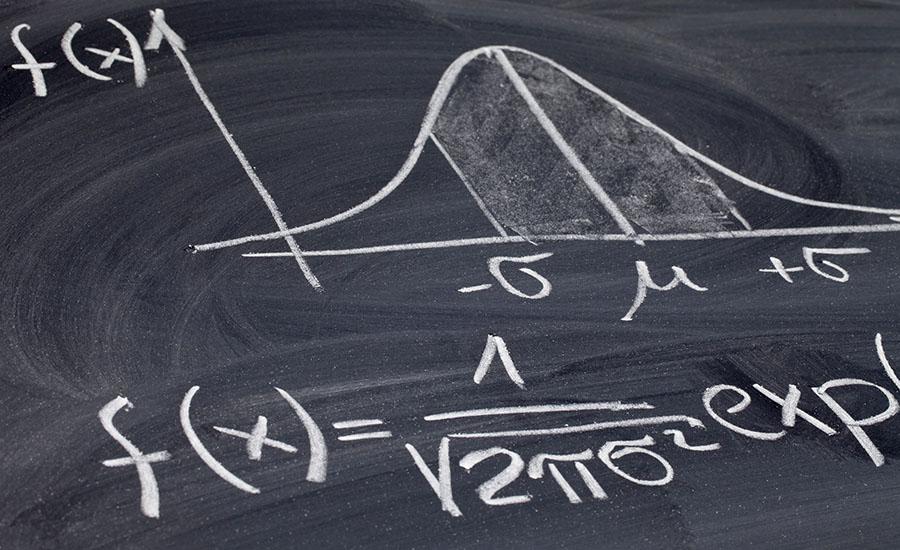
Grades:
8th Grade, 9th Grade
Connect real world situations to the graphs of parabolas through flight. Groups will create PVC stomp rockets, collect data of their rocket's flight path and graph this path on paper to compare to

Grades:
4th Grade, 5th Grade
In this hands-on lesson, students design a safety device (car/seatbelt) that can keep an egg (passenger) safe during a collision. The goal is to protect the egg from cracking during a roll down a ramp

Grades:
6th Grade, 7th Grade, 8th Grade
Environmental Masters of Disaster Team (groups of 3-5 students) will choose an man-made environmental disaster, analyze its effects, then engineer a method or prototype to solve the problem.
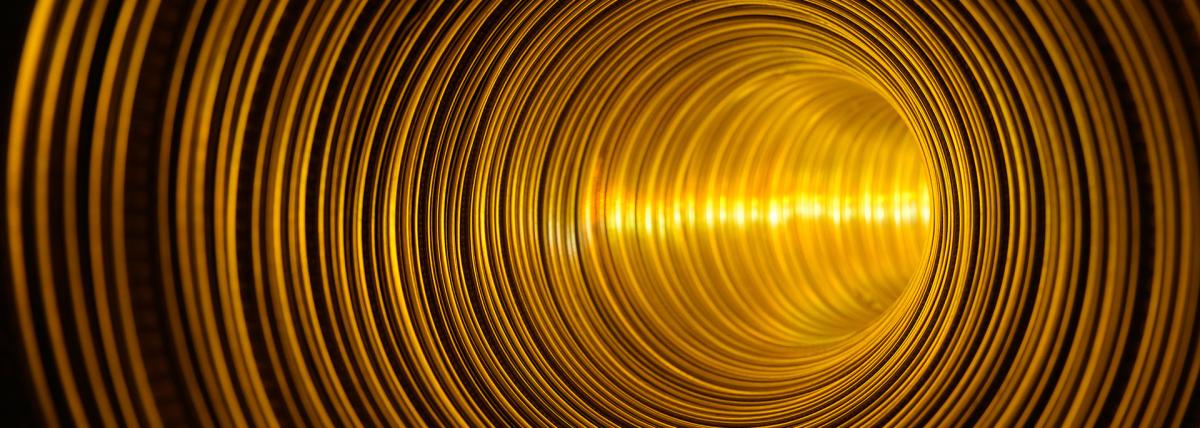
Grades:
7th Grade
In this lesson students will discuss how contact forces cause energy to be transferred and objects to move. They will learn that sound waves involve contact forces. Students will consider how contact
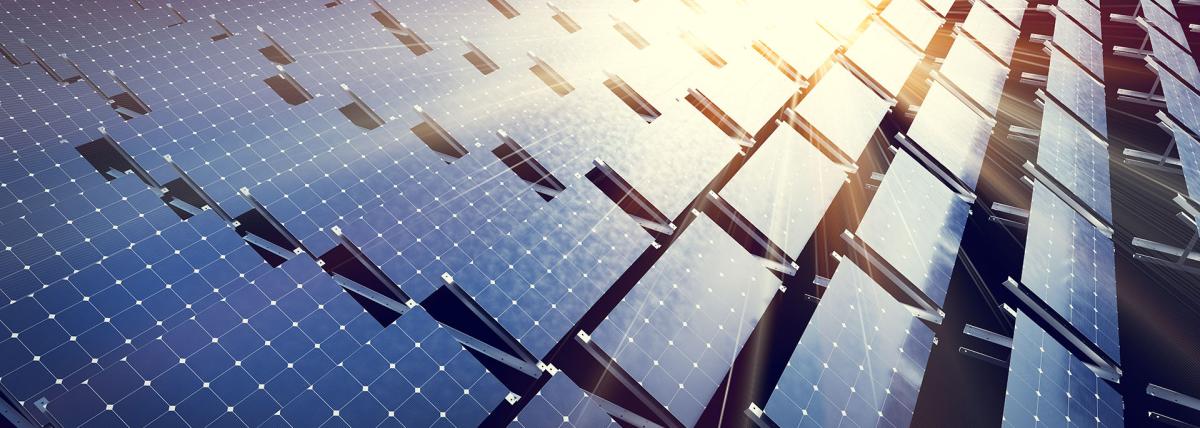
Grades:
9th Grade, 10th Grade
This lesson plan focuses around 4 key topics, with activities for each. The plan covers renewable energy, solar energy, why solar energy is important, and what the children can do to conserve energy

Grades:
5th Grade
Can a water fountain be solar powered? YES! In this engaging lesson, students will engineer a solar powered water fountain to show how energy transformed and transferred throughout their system. Each

Grades:
6th Grade
In this engaging lesson, students create simple paper models of water sheds in class and explore hazards to waterways through an online interactive. They make connections between water stewardship and
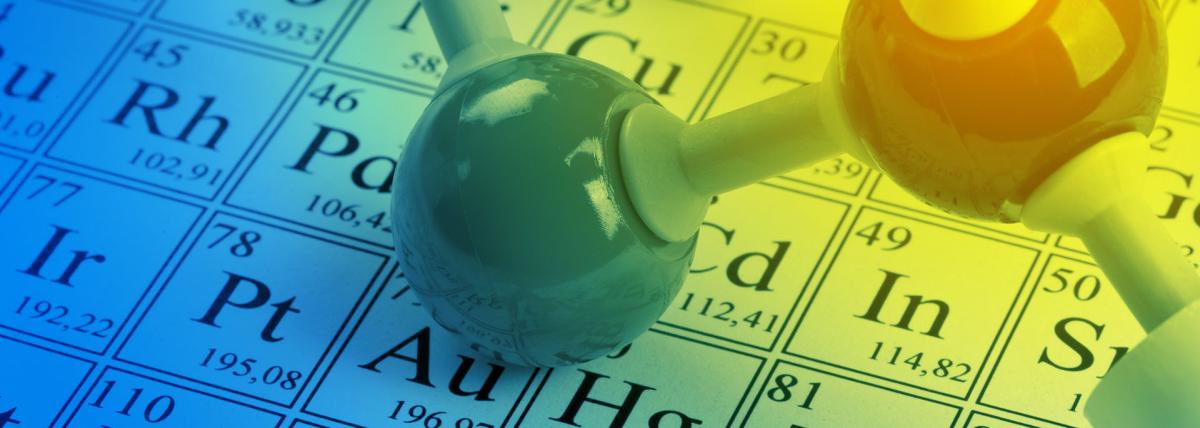
Grades:
9th Grade, 10th Grade, 11th Grade
In this lesson, students will be introduced to the concept of homeostasis with online research and then investigate how feedback mechanisms are used to maintain homeostasis during exercise during an

Grades:
7th Grade
This is Task 4 (Lesson 4) of four tasks (lessons) of an overall project of “Escaping 7th Grade Science Room." Students will construct a marshmallow device to propel marshmallows at force and collect

Grades:
5th Grade
Students will view and create examples of energy transfer in this activity that explores chain reactions. Students will summarize their learning and draw a model of their results.

Grades:
6th Grade, 7th Grade
Students will learn basic concepts of physics, including velocity, motion, and vector. S tudents will develop and use a model to predict how forces act on objects at a distance. Finally students will

Grades:
10th Grade, 11th Grade
This is a two day lesson plan where a local contractor comes in and presents on building roofs and on snow load code.The second day is an activity where the students test out different slopes and
